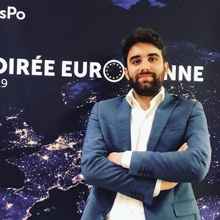2020 Funding Your Graduate Education in International Affairs
THIS GUIDE IS NO LONGER ACTIVE. For the current FP Guide, click here.
Sciences Po, Paris School of International Affairs
Storied University Offers Less-than-Lofty Tuition and a Range of Aid
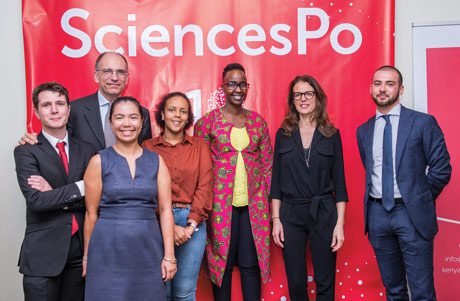
As part of a storied university with a history dating to 1872, the 10-year-old Paris School of International Affairs (PSIA) at Sciences Po has relatively affordable tuition of 14,700 euros (about $16,000) per year. This reflects the university’s strategic choice to enable the best students to access a world-class education. The school mixes social sciences and hard sciences and is guided by professors and high-profile practitioners—such as former ambassadors and ministers—says Dean Enrico Letta, himself a former prime minister of Italy.
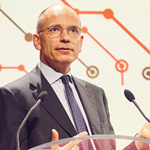
Dean Enrico Letta
Sciences Po provides about 11 million euros ($12.1 million) per year in financial aid. In 2019–2020, 90 PSIA students from outside the European Economic Area received the Emile Boutmy Scholarship, named after the university’s founder. Based on academic excellence and financial need, this institutional scholarship helps reduce tuition.
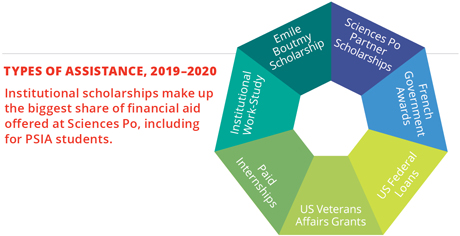 Public- and private-sector partners of Sciences Po provide further awards—the Mastercard Foundation Scholarship, the Eiffel Scholarship, the René Seydoux Scholarship, among others—based on academic achievement, socioeconomic background, and course of study. The French government offers scholarships and other aid to attract students from around the world, and students from the United States often use US federal loans.
Public- and private-sector partners of Sciences Po provide further awards—the Mastercard Foundation Scholarship, the Eiffel Scholarship, the René Seydoux Scholarship, among others—based on academic achievement, socioeconomic background, and course of study. The French government offers scholarships and other aid to attract students from around the world, and students from the United States often use US federal loans.
Internships and institutional work-study arrangements provide an additional financial boost and critical experience for PSIA students. French law requires that internships longer than eight weeks be paid, and 85 percent of PSIA students spend their third semester in an internship.
Working Close to His Academic Home
Coming from Cremona, Italy, Michele Bellini was able to pay tuition based on his family income, a benefit offered to residents of the European Economic Area. He covered some expenses as a paid trainee at the European Parliament his third semester, worked part-time for PSIA his last semester, and was one of 60 students who each year organize the school’s flagship event, the Youth and Leaders Summit.
)))“The fast-paced environment, the mix of theory and practice, and the required ability to connect core issues of policy into a coherent picture is very close to the situations we face in the ‘real world,’” says Bellini, a 2017 summa cum laude Master in International Public Management graduate. Like 83 percent of PSIA students, he found a job within six months—joining PSIA as executive officer, where he works with the dean on strategic projects.
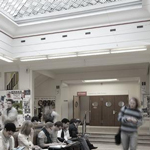
“Over the years, Sciences Po has substantially reinforced its financial aid policy, working closely with its own community and external partners.” –Catarina Laranjeira, Assistant Dean for Admissions, Paris School of International Affairs, Sciences Po
Financial Aid
https://www.sciencespo.fr/en/admissions-financial-aid/fees-financial-aid#Financial%20aid
Contact
Catarina Laranjeira, Assistant Dean for Admissions: [email protected]
+33 145497237![]()
Contents
- 2020 Funding Your Graduate Education in International Affairs
- UC San Diego, School of Global Policy and Strategy
- Johns Hopkins University School of Advanced International Studies
- Princeton University, School of Public and International Affairs
- University of Notre Dame, Keough School of Global Affairs
- Florida International University, Steven J. Green School of International & Public Affairs
- George Mason University, Schar School of Policy and Government
- Texas A&M University, The Bush School of Government and Public Service
- Sciences Po, Paris School of International Affairs
- Syracuse University, Maxwell School of Citizenship and Public Affairs
- Tufts University, The Fletcher School
- Columbia University, School of International and Public Affairs


